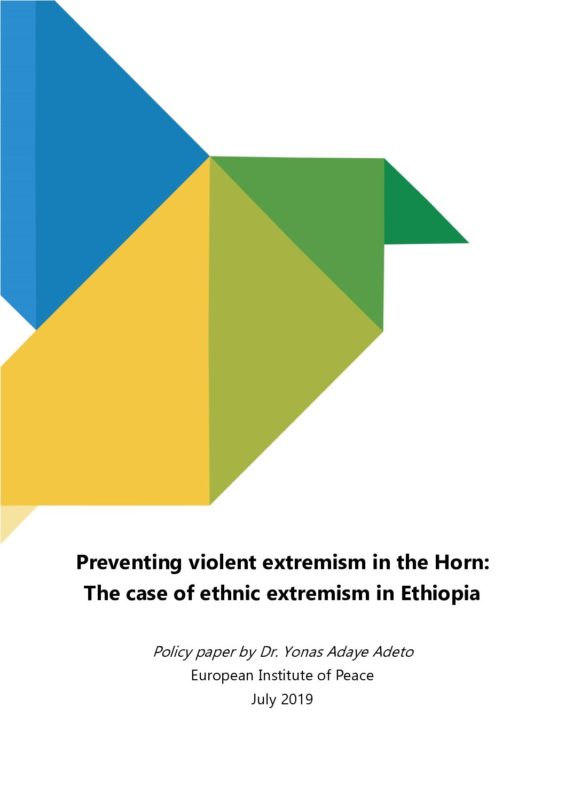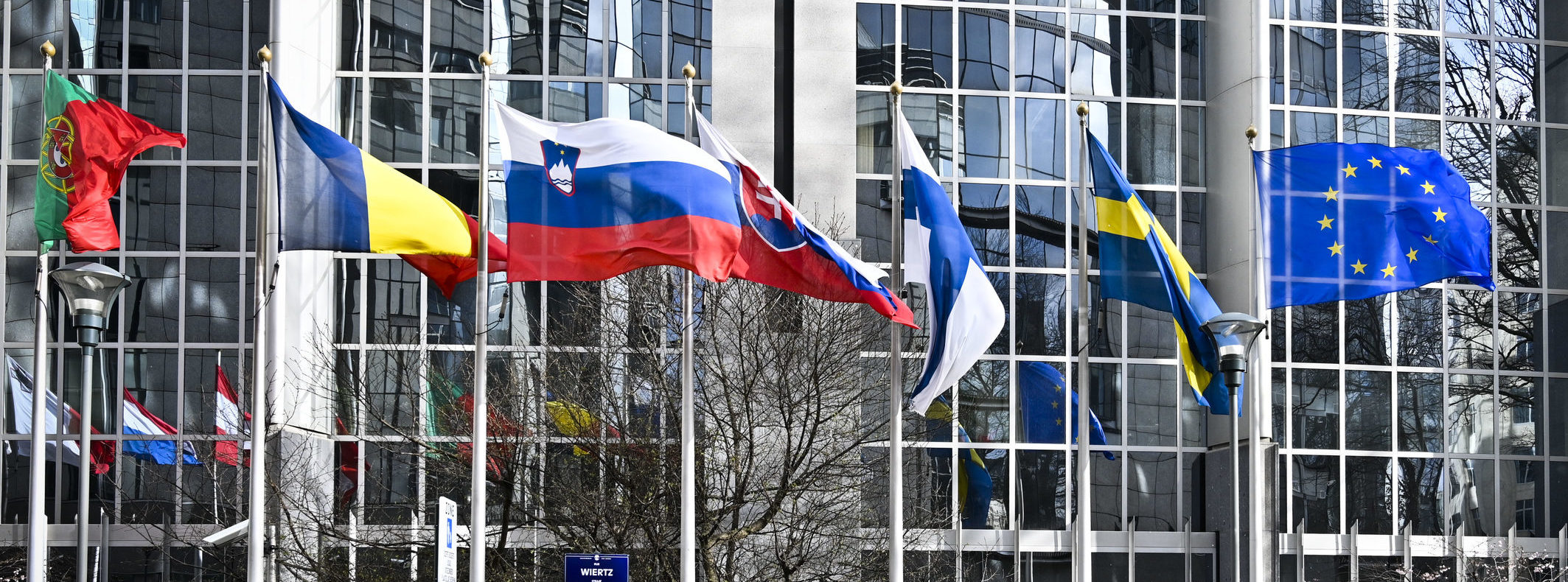Ethnic Extremism in Ethiopia: an EIP policy paper

In his first year in office, Ethiopian Prime Minister Dr. Abiy Ahmed has executed sweeping political changes; nevertheless, Ethiopia faces daunting challenges. One the most pressing challenges is the spike in violence between the country’s many ethnic groups. In September 2018, scores were killed in Addis Ababa in clashes between Oromos and non-Oromos. Fighting has occurred along the border of the Oromia and the Somali regional states; Tigrayans have been forced out of Amhara; Amharas have been expelled from Oromia and Benishangul; and violent conflicts between the Oromo and Gedeo ethnic groups displaced approximately 970,000 people in the western Guji and Gedeo zones. Recently, federal forces were deployed as a coup attempt was thwarted in the Amhara regional state and protests over an independence referendum in Sadama turned violent. Many other incidents of ethnic violence go unreported in international media.
To raise awareness about this issue, the European Institute of Peace has partnered with Dr. Yonas Adaye Adeto of the Institute for Peace and Security Studies (IPSS) at Addis Ababa University. The policy paper investigates the causes and drivers of ethnic extremism, and argues that it presents a clear and present danger for the survival of Ethiopia as a nation. Dr. Yonas offers various recommendations to address extremism through comprehensive government action, which would ensure the success of the ongoing political reforms and address one of the most formidable challenges Ethiopia will face in the years to come.

